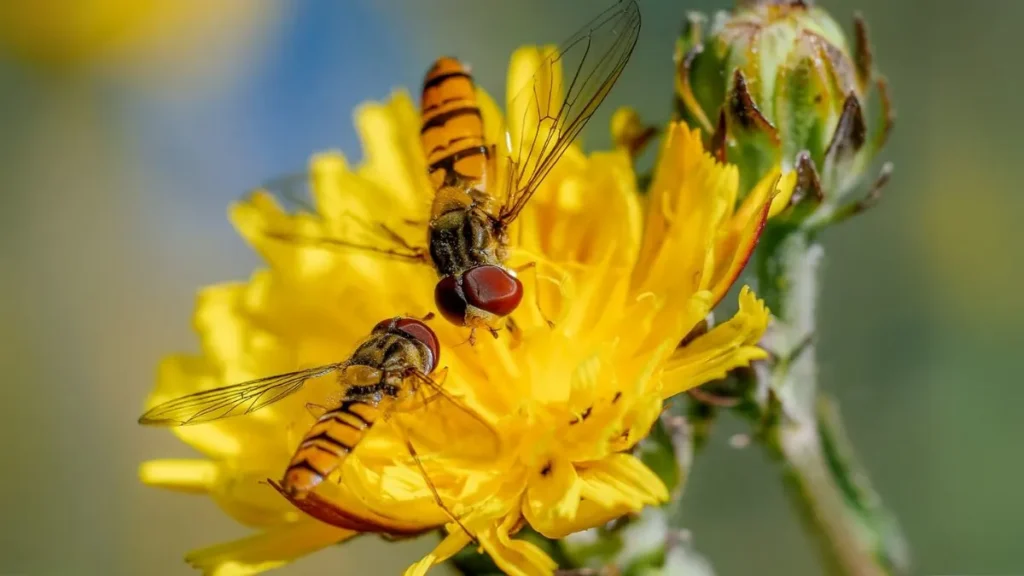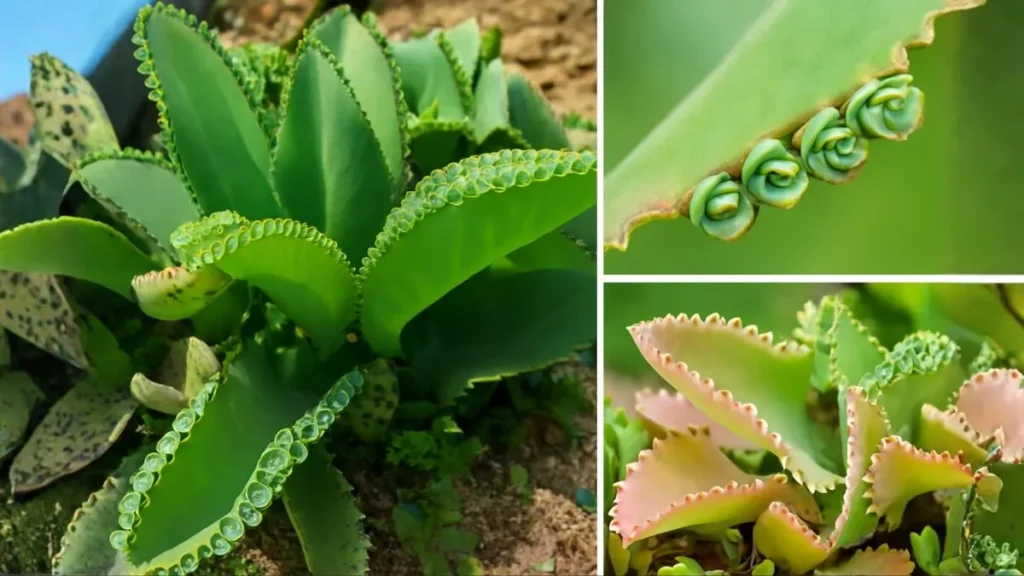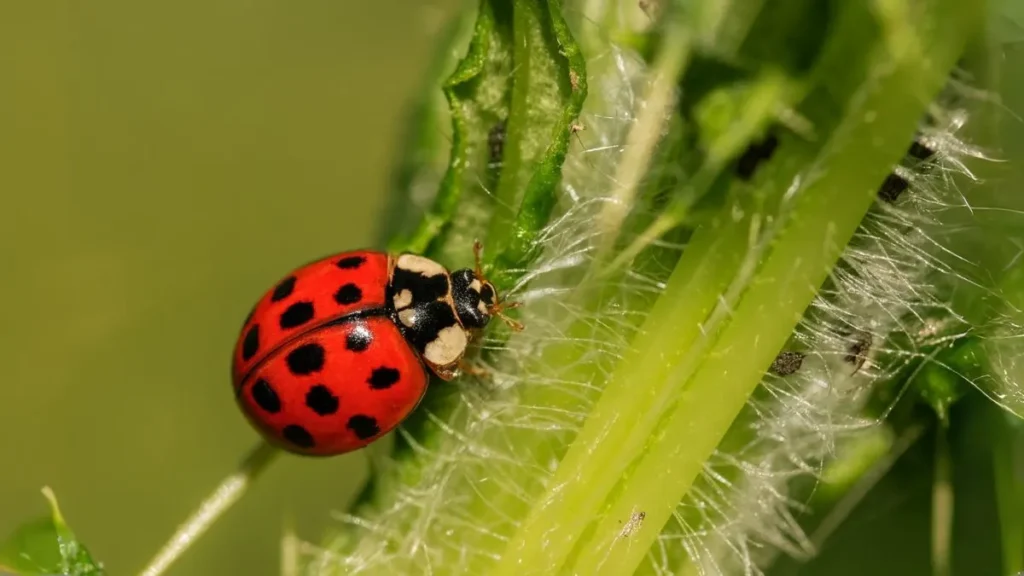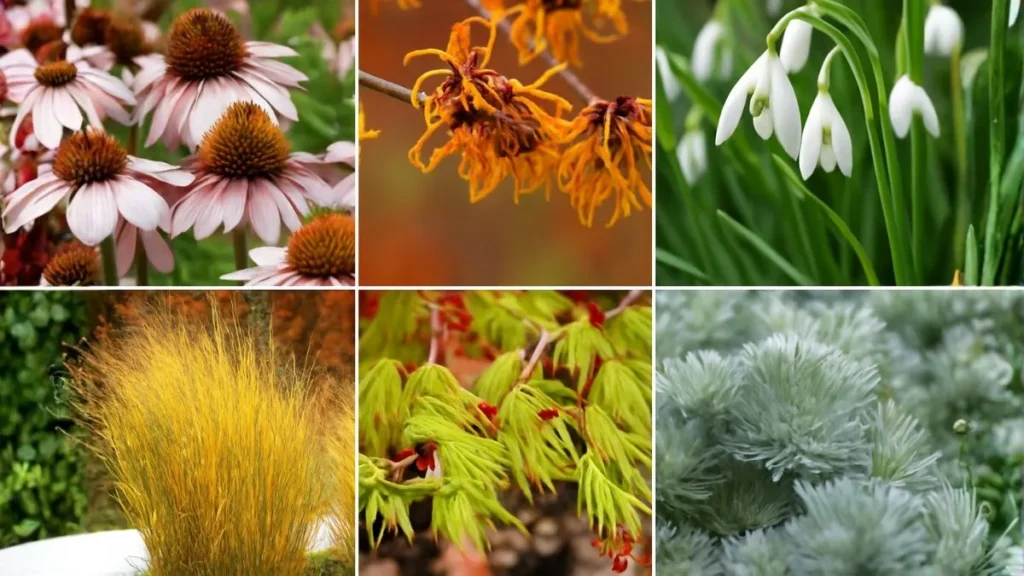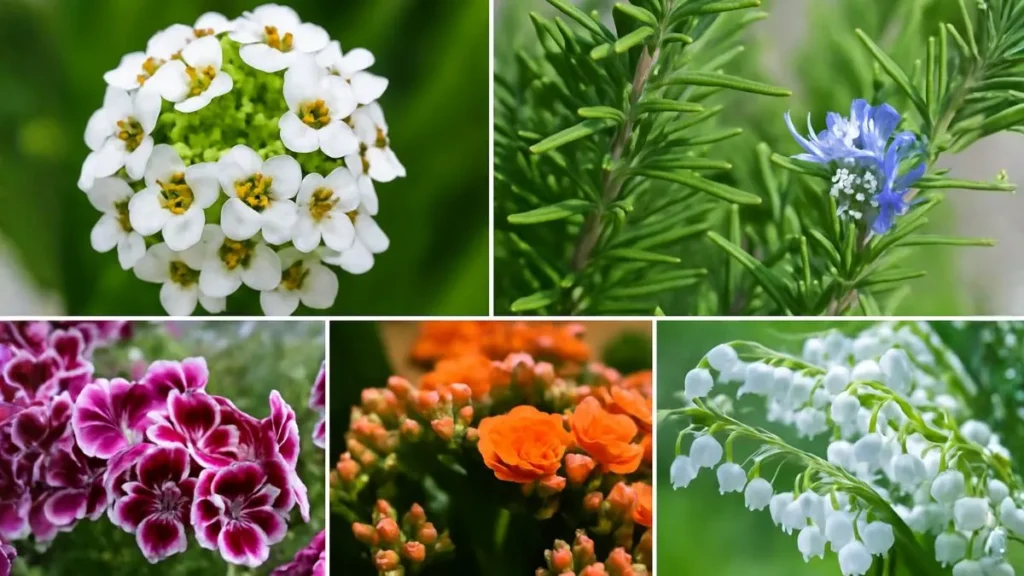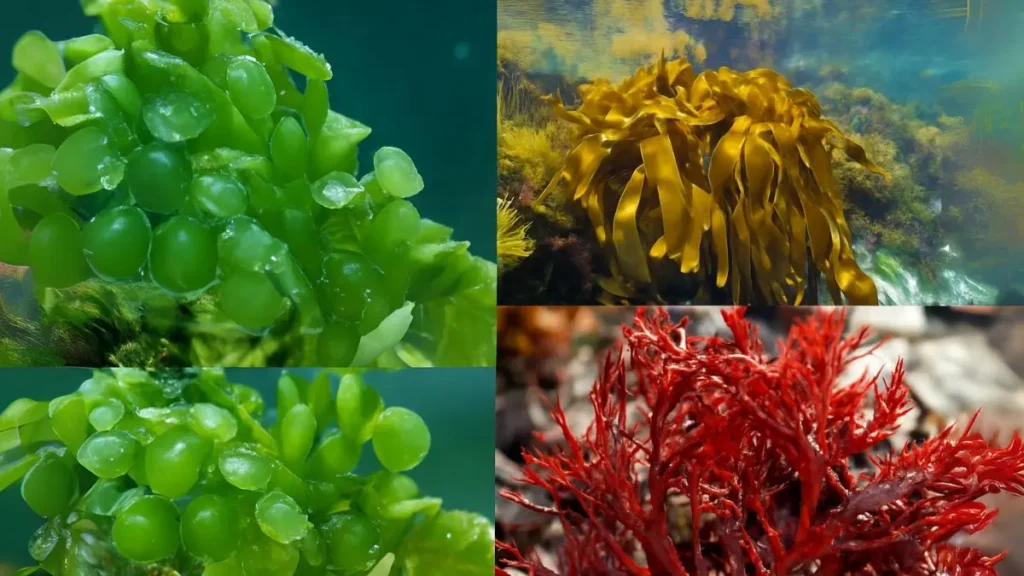There’s just something enchanting about having a bowl full of banana plants sit in your home or garden — it really takes you to a mini tropical escape. They have big, beautiful, bright green leaves, grow like a weed, and bring an irresistibly verdant vibe to any space.
Choosing the Right Banana Variety
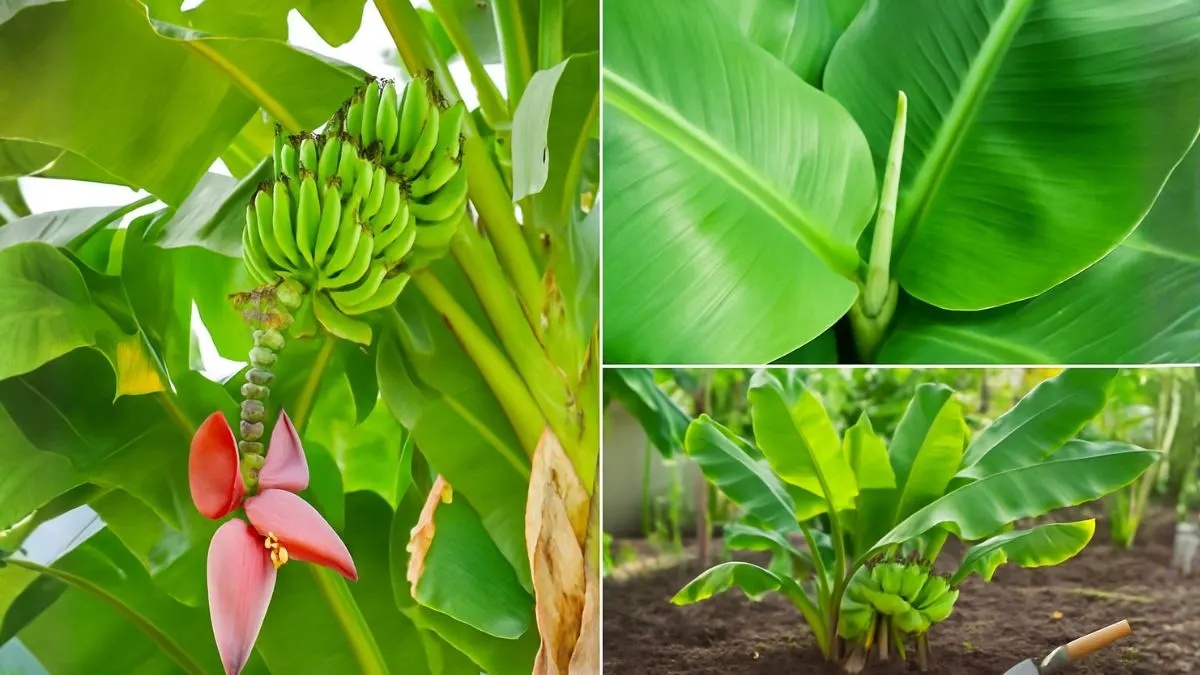
First of all, you need the right banana. While their tropical cousins are tall and fast-growing, several compact varieties are perfect for indoor or balcony gardens.
Best Banana Varieties to Grow
Variety |
Height |
Best Grown In |
Highlights |
Dwarf Cavendish |
4–6 ft |
Indoors/Outdoors |
A sweet little banana plant to call your own. |
Musa Basjoo |
8–10 ft |
Outdoors |
Disease-resistant, hardy in colder climates. |
Red Banana |
6–8 ft |
Indoors |
Striking red-tinged leaves, ornamental and fruiting. |
Dwarf Lady Finger |
5–6 ft |
Indoors/Outdoors |
Elegant appearance, sweet fruit. |
👉 Tip: If you live in an apartment, go for the Dwarf Cavendish — it’s small, compact, and doesn’t mind limited space.
Also Read: Grow Zinnias Easily – The Secret to a Vibrant, Colorful Garden
It All Begins With the Soil: Fertile, Well-Draining Dirt is Key
Bananas love fertile, aerated soil. Healthy growth depends on how well water drains — too much moisture leads to root rot.
Perfect Soil Mix:
- 2 parts garden soil or loam
- 1 part organic compost
- 1 part perlite or coarse sand for drainage
You can also enrich it naturally with banana peels or vermicompost for extra potassium and nitrates.
💡 Personal Tip: The first time I grew bananas, I used only potting soil — they grew fast but looked droopy. A bit of compost and sand made the leaves sturdier and the plant happier.
Give Them Sun, Water, and Humidity Regularly
If lush, tropical leaves are what you crave, your banana plant needs a mix of sunlight, water, and humidity.
1. Light
- Place your banana plant in a sunny spot with at least 6 hours of sunlight daily.
- Indoors, set it near a south-facing window or use a grow light during dark winters.
2. Water
- Bananas are wet-footed plants — they like moist soil, not soggy roots.
- Water deeply when the top inch of soil feels dry.
- In summer, this might mean every 2–3 days, and less often during winter.
- Always ensure proper drainage.
3. Humidity
Bananas love high humidity. Mist the leaves often, or use a humidifier nearby if your indoor air is dry.
Also Read: LECA Balls : How They Help (or Hurt) Your Indoor Plants
Summer Outdoor Placement
- If you can, move your banana plant outdoors during the summer months. Once temperatures consistently stay above 15°C (59°F), take it out for a few hours each day to acclimate.
- Avoid direct harsh sunlight in the first week to prevent leaf scorch. With real sun exposure, you’ll see broader leaves, faster growth, and a deeper green color.
Feeding and Fertilizing Banana Trees
Banana plants are heavy feeders — they need rich nutrients to grow strong.
- Feed them every 2–3 weeks during the growing season using a high-nitrogen, high-potassium organic fertilizer such as fish emulsion or compost tea.
- Add a layer of compost mulch at the base to help retain moisture and feed the roots slowly.
Repotting and Maintenance
- Your banana plant can outgrow its pot if kept indoors.
- Repot every 12–18 months, or whenever the roots fill the drain holes.
- Choose a pot that’s 2–3 inches larger, with fresh, well-draining soil.
Routine care checklist:
- Dust leaves to improve photosynthesis.
- Trim damaged leaves for new growth.
- Check for pests like aphids or spider mites — they thrive in dry air.
Overwintering: Protecting Your Banana Plant
- In cooler zones, bring potted bananas indoors before the first frost.
- Keep the soil slightly moist, and place it in a warm room (at least 15°C) away from direct sunlight.
For hardy types like Musa Basjoo, cut the leaves and cover the base with mulch — they’ll regrow in spring.
Also Read: The Art of Bonsai: How to Start Your Own Miniature Trees at Home
Common Problems and Solutions
Problem |
Possible Cause |
Solution |
Yellowing leaves |
Overwatering or poor drainage |
Use well-draining soil and reduce watering. |
Brown leaf tips |
Low humidity or too much sun |
Mist often and move to indirect light. |
Slow growth |
Nutrient deficiency |
Apply liquid organic fertilizer every 2 weeks. |
Leaf curling |
Underwatering or cold drafts |
Maintain consistent moisture and warmth. |
Benefits of Indoor Banana Plants
Aside from their beauty, indoor banana plants bring real benefits:
- 🌬 Air purifier – removes pollutants from your home.
- 🌿 Tropical vibe – perfect for that year-round vacation feeling.
- 🍃 Educational for kids – watch them learn plant care hands-on.
Bonus: A mature banana plant might even yield tiny indoor bananas if the conditions are perfect — though it’s more of a joy than a harvest!
Personal Experience: My Banana Journey
The banana plant was the most dramatic addition to my indoor garden. Its leaves were the size of dinner plates, and its thirst for water and sunshine unmatched.
When I took it outdoors for summer, it nearly doubled in size within a month.
The secret? Sun, water, humidity, and natural air.
Now, two years later, every time I see it in my living room, it feels like having a piece of the tropics at home.
All The Jungle Feels
For everyone dreaming of a tropical paradise but living far from the coast, the indoor banana plant is your perfect companion.
It’s bold, fast-growing, and surprisingly easy to maintain once you learn its rhythm.
Just prepare rich, well-draining soil, give it sunlight, water, and humidity, and move it outdoors in summer.
Do that, and your home or garden will radiate all the jungle feels — every single day.
